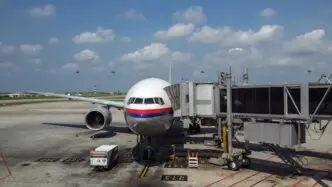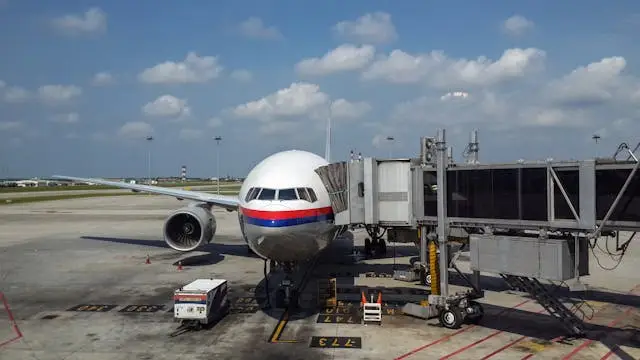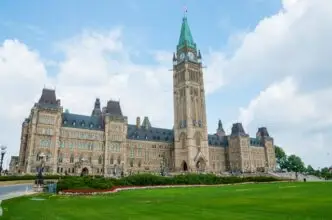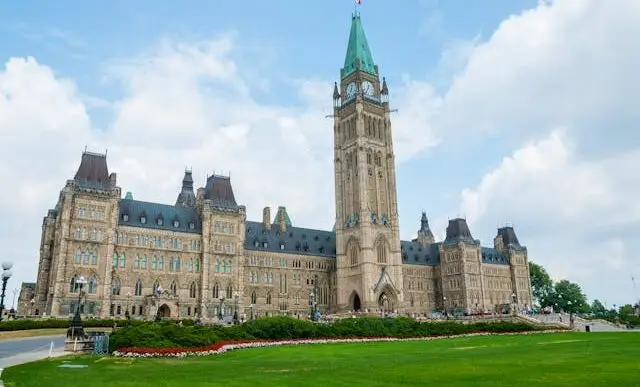Chancellor Scholz’s Government Collapses Amidst Spiraling Debt Crisis
Chancellor Olaf Scholz’s government collapsed in November following the Free Democrat Party’s withdrawal from the coalition over concerns about Germany’s soaring public debt. The departure of the Free Democrats, a key component of Scholz’s governing coalition, has triggered a political crisis and has now necessitated an early election.
The election, scheduled for February 23, comes in the wake of a no-confidence vote held on Monday that effectively ended Scholz’s term as Chancellor. The decision to hold an early election was made in an attempt to resolve the political impasse and address the mounting economic issues facing the country.
Free Democrat Party’s Departure Deals a Blow to Scholz’s Government
The Free Democrat Party’s decision to withdraw their support was primarily driven by their concerns regarding the country’s debt crisis and the government’s handling of the situation. The party has voiced its disapproval over Scholz’s economic policies, criticizing them for focusing too heavily on public spending and not enough on fiscal discipline and economic growth.
The Free Democrats have argued that Scholz’s policies have led to an unsustainable increase in public debt, threatening the country’s long-term economic stability. The sudden exit of the Free Democrats has left Scholz’s coalition without a parliamentary majority, making it almost impossible for him to govern effectively.
Implications of the No-Confidence Vote
The no-confidence vote on Monday was the final nail in the coffin for Scholz’s fragile government. A majority of parliamentarians voted in favor of the motion, reflecting widespread dissatisfaction with Scholz’s handling of the debt crisis. The vote not only ended Scholz’s term as Chancellor but also paved the way for an early election.
This marks a significant downfall for Scholz, who assumed office with high hopes of leading Germany into a new era following the end of Angela Merkel’s 16-year reign. However, his tenure has been characterized by economic instability and political strife, with the debt crisis proving to be his ultimate downfall.
Early Election: A Bid to Resolve the Crisis
The early election presents an opportunity for Germany to address its political and economic crises. With Scholz’s government now dissolved, it is hoped that a new government, potentially with a fresh economic approach, can steer the country out of its current predicament.
However, the election also presents significant challenges. The new government will need to address the public debt issue immediately while also dealing with other pressing matters, such as the ongoing COVID-19 pandemic and its economic implications. The election results will undoubtedly have a significant impact on Germany’s future, both politically and economically.
Bottom Line
The collapse of Scholz’s government and the ensuing early election have plunged Germany into uncharted political territory. As the country grapples with a severe debt crisis, the stakes in the upcoming election are higher than ever. The results of the election could determine the course of Germany’s economic recovery and its political landscape for years to come.
As the country heads towards the polls on February 23, all eyes will be on Germany to see how it navigates this period of uncertainty. The hope is that a new government, with a clear mandate and a strong economic vision, can lead the country out of the current crisis and towards a more prosperous future.
